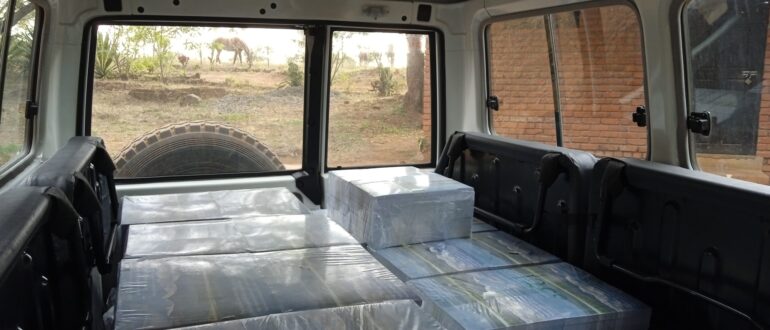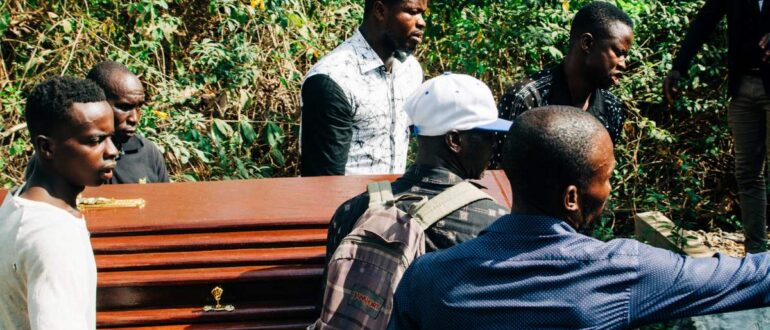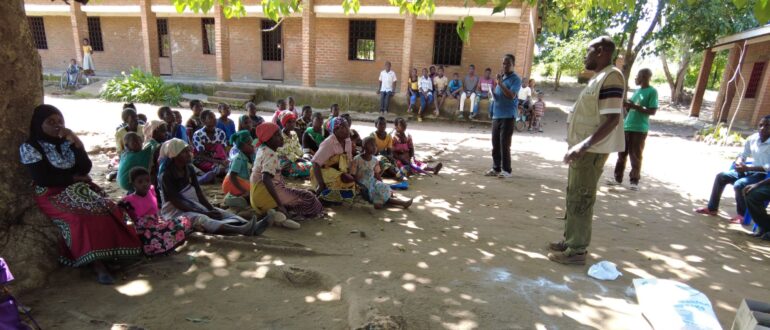Here at Thondwe we are in the throes of preparing for Malawi Gospel Outreach (MGO) 2023. Ordering texts. Distributing invitations. Booking accommodation. Planning activities… The list goes on.
And in the midst of all the busyness, it’s natural to start wondering if it’s worth all the effort.
Short-term mission work gets a lot of criticism. And let’s be honest, some of that is well deserved. We’ve all heard stories about ‘those people’ who go visit missionaries to ‘help’ and ‘encourage’ them and end up leaving them more worn-out and discouraged than before. Or the enthusiastic but naïve volunteers who end up committing countless cultural taboos and damaging the reputation of the work.
So what about MGO? Is it helpful or harmful? Is it worth the effort?
Well, now that I’ve experienced it from the perspective of someone on the ground, I think I can safely and unequivocally say that it is definitely worth the effort.
The Encouragement from Short Term Missions
For one thing, it is a tremendous encouragement to the local workers.
It can get lonely down here! Of course, we have an amazing team, and we generally enjoy working together. But we miss the varied and frequent fellowship that believers experience in countries with multiple assemblies and regular Bible conferences. So, getting to spend two weeks with a group of believers, fellowshipping in the gospel, singing hymns, and talking about the Lord is a tremendous boost to us!
Not to mention the encouragement of people taking time to come and see what the Lord is doing here. It shows that the interest goes deeper than surface level, and it assures us that there are some who will be praying with a personal knowledge of what is going on.
Extra Manpower from Short Term Missions
The increase in manpower, as simple as that may sound, is also a help. With a team of believers, we are able to do different kinds of outreach than normal. Distributing several thousand texts at the market? This certainly can be done with two or three people, but it takes a lot more time and energy than when you have ten or twenty. Corralling six hundred kids for the day? Perhaps it can be done with only a few adults, but it’s certainly not advisable.
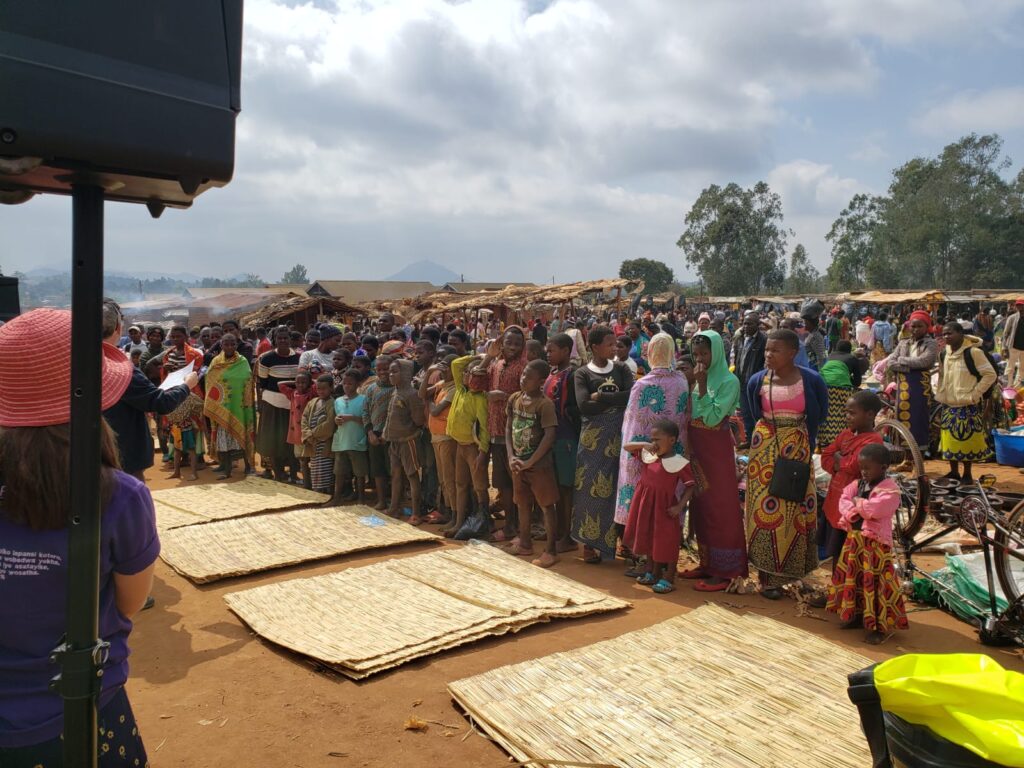
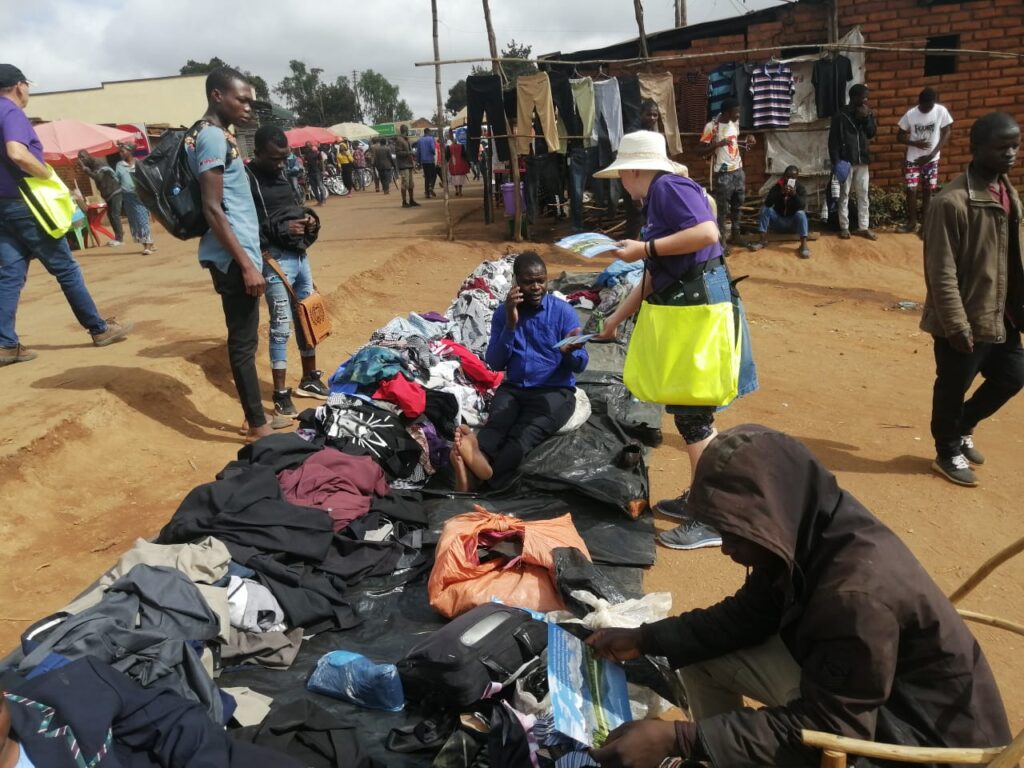
MGO makes a positive impression in the community. I was chatting with the teens in my Bible study group last night about this year’s outreach. The boys were asking about the guys who came and played football with them. Another asked about Bill, who came and helped preach the gospel. And everyone in my neighborhood remembers ‘Royce’ (Lois). Why? Because she took time to try out her Chichewa with the women and be silly with the children. It turns out you can communicate love and genuine care – two things that are often missing here – regardless of a language barrier.
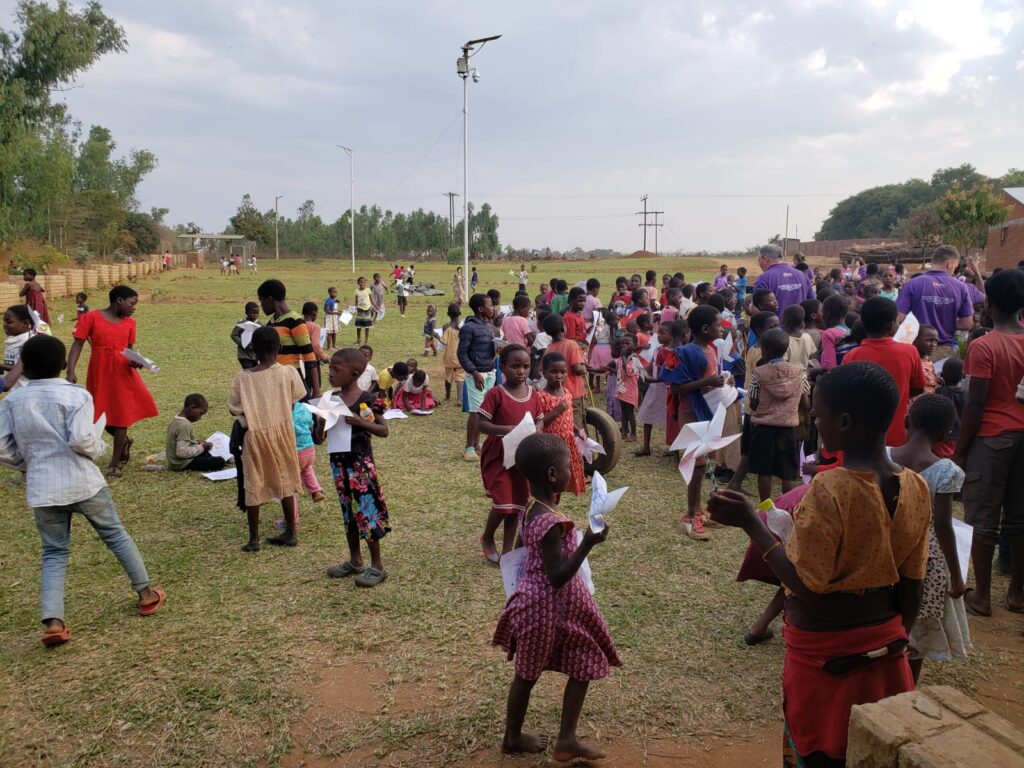
I think I can speak for the visitors too – having once been one myself – and say that it’s also an encouragement for them. While reaching others with the gospel should be the thrust of our life, there is something unique about setting apart an entire week or two for that specific purpose.
It also gives them a better understanding of the work. It strengthens the connection between supporting assemblies and missionaries/workers and leads to more intelligent and informed prayer.
I could go on, but this is already way too long. I’ll end with this: Could it also be that it might be a tool the Lord uses to raise up others for the work here? That’s what happened with me, and we’re praying that might also happen with others.
Of course, no two MGOs are the same. Different people and different activities lead to varied dynamics. So, prayer is needed and appreciated that the Lord will work in and through us all to encourage and be encouraged and unitedly spread the good news about Jesus Christ.

